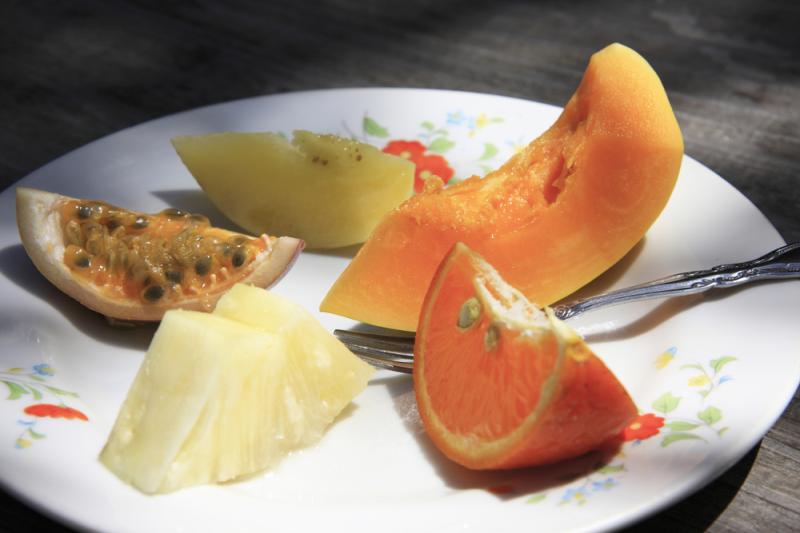
Eating a variety of foods, particularly fruits and soy products, is associated with a lower risk of mortality, suggests a Japan study.
Total dietary diversity was inversely associated with mortality rates in women (highest quintile hazard ratio [HR], 0.81, 95 percent confidence interval [CI], 0.71–0.92; p-trend=0.002), but the same trend was not found in men (highest quintile HR, 0.96, 95 percent CI, 0.87–1.10; p-trend=0.266).
Fruit diversity was likewise associated with lower mortality rates in men (highest quintile HR, 0.87, 95 percent CI, 0.79–0.95; p-trend=0.006), while soy diversity correlated with lower mortality rates in women (highest quintile HR, 0.89, 95 percent CI, 0.79–1.00; p-trend=0.004).
On the other hand, meat (highest quintile diversity HR, 1.15, 95 percent CI, 1.06–1.25) and fish diversity (highest quintile diversity HR, 1.12, 95 percent CI, 1.02–1.22) correlated with higher mortality rates in men.
“These findings indicate that consuming a greater diversity of total foods and increasing the diversity of fruit and soy consumed have considerable public health implications,” the authors said.
This study followed a total of 79,904 participants (37,240 men and 42,664 women) aged 45–74 years, without histories of ischaemic heart disease, stroke or cancer, for a median of 14.9 years (from 1995–2012). The authors used 133 food and beverage items listed on a 5-year follow-up food frequency questionnaire and counted the daily frequency of consumption for each item (excluding five alcoholic beverages).
HRs and corresponding 95 percent CIs were calculated using multivariable-adjusted Cox proportional hazards regression models to compare the highest and lowest quintiles.